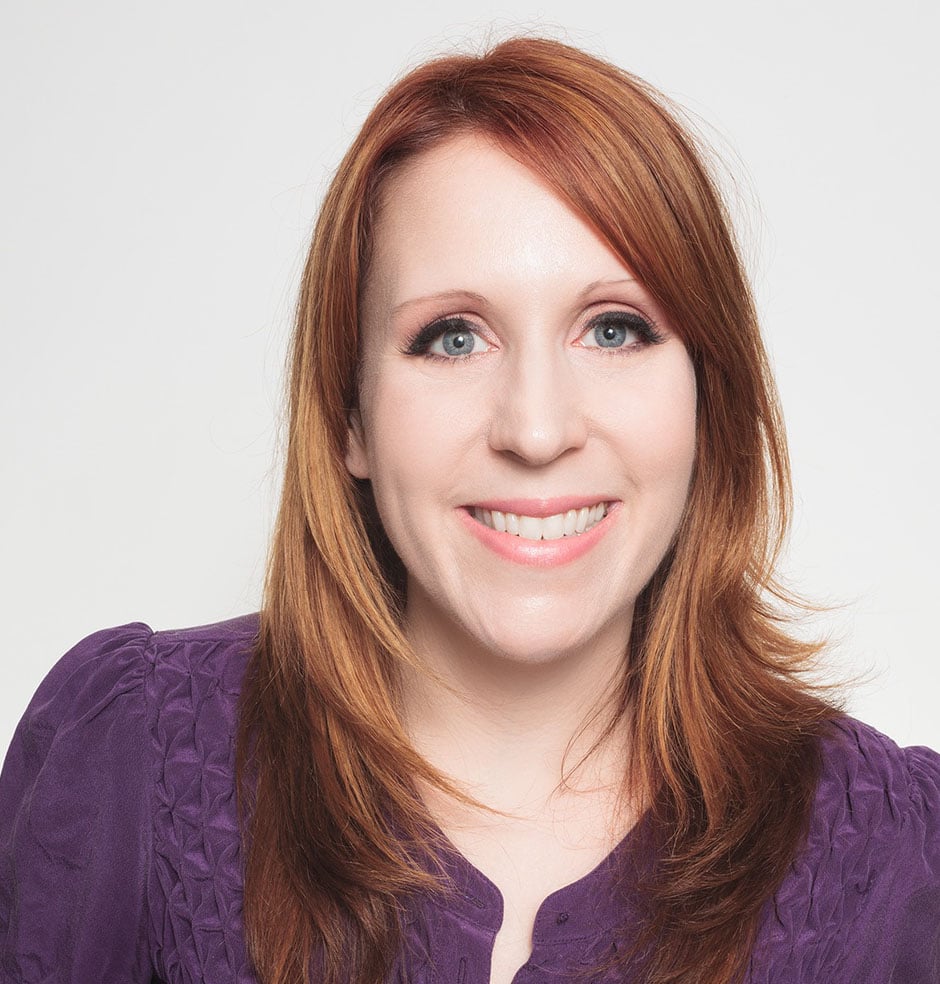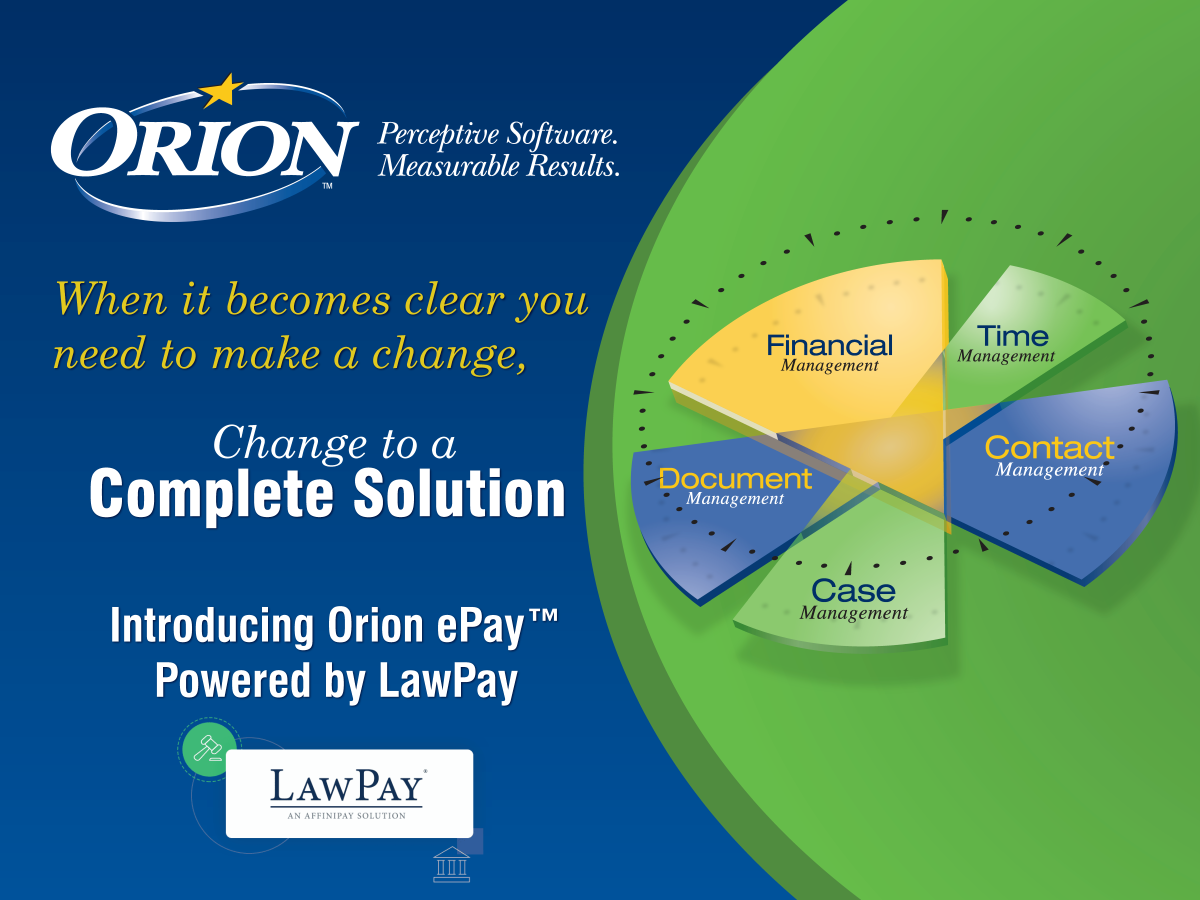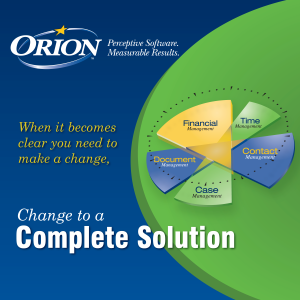Last spring, however, as the COVID-19 pandemic unfolded and offices transitioned to working remotely, a number of firms had to adjust, pause or otherwise alter their summer program.
“[The response] was all over the map because law firms were scrambling to figure out if they could even still have a program,” says Emily Neuhauser, Executive Recruiter at Parker + Lynch Legal, the attorney recruiting division of Special Counsel. “Some canceled them entirely, some firms were still comfortable having them in-person, and some had them virtually.”
Last year, Florida business law firm Berger Singerman pushed its summer program start date back slightly and let the two participants choose whether they’d work remotely or on site, according to Partner Stephanie Chaissan, who runs the firm’s summer associate program, where social distancing, mask and other guidelines were in place.
“Around the time they joined us, a handful of people were going into the office, but the vast majority of attorneys and support staff were working remotely,” Chaissan says. “We said, ‘This is a global health pandemic; we’re treating you the same way as the rest of our team members — if you want to, work in the office; if not, work from home. Whatever makes you more comfortable.’”
Although the summer associates occasionally worked remotely, she says, they primarily wanted to be in the office. The firm, which usually tries to recruit younger associates and team leaders to take summers out to lunch and coffee and to walk them around to meet everybody, scheduled Zoom and Microsoft Teams calls to introduce its summer hires to firm members who were working from home.
“They did meet-and-greets with everyone from main partners and team leaders to the paralegals and computer services people,” Chaissan says. “We wanted to them to connect the way they would have, had they been in the office seeing these people.”
NOT UP CLOSE, BUT PERSONAL
New York- and New Jersey-based Rivkin Radler — which typically hosts three second-year students and three or four first-year students — brought on a slightly smaller summer associate group in 2020. It consisted of three second-year and two first-year law school students.
The 200-attorney firm’s summer program typically lasts 10 weeks. Rivkin Radler instead offered a fully virtual five-week program in 2020, according to Tracey McIntyre, Director of Legal Talent.
“We just weren’t sure how a virtual program would go, how busy the firm would be and what effects the pandemic would have on our firm,” McIntyre says. “We erred on the side of caution, and in hindsight, a longer program would have been fine.”
“We’re also seeing firms continue to do social events over Zoom so people have an opportunity to really get to know their colleagues. Tours and setting up outside social interactions can possibly help firms get over the virtual hump.”
The biggest difference from previous years, McIntyre says, was that summer associates weren’t able to walk the floors and meet some of the attorneys they weren’t directly working with.
“Under normal circumstances, additional assignments and experience can come from these impromptu discussions,” McIntyre says.
To help provide a robust summer experience, the firm offered a number of activities, including skills trainings, coffee talks with equity partners and “what we do”-type programs, in which firm members discussed their practice areas, the types of matters they handle and what kind of clients each works with.
Rivkin Radler also sponsored a number of Zoom-based social events, including virtual Thursday cocktail hours and a virtual scavenger hunt.
While Berger Singerman’s two summer associates got to briefly socialize with team members at the firm’s pre-pandemic 2020 holiday party — which they were invited to after being offered the position in 2019 — the firm’s monthly happy hours, birthday parties and many other of its team culture efforts had to be put on hold due to COVID-related guidelines and shutdowns.
Social events were generally limited to things like a small pizza party that remote employees were invited to attend virtually. “That was a big component of our program that was affected by the pandemic, unfortunately,” Chaissan says. “We encourage a good work-life balance. We all approach the firm as a team and a family, rather than just a workplace to go and have colleagues. It’s something we try to show all summer long because it sets us apart from [other] firms.”
Fully or hybrid remote settings can make it harder for people feel like they’re truly joining an office, according to Neuhauser. Some organizations, though, have come up with creative ways to entice new hires to their firm.
“For example, a client of mine decided to record a couple of different virtual tours of the office [as if to say], ‘If you do come here in the future, this is where you’ll be,’” Neuhauser says. “We’re also seeing firms continue to do social events over Zoom so people have an opportunity to really get to know their colleagues. Tours and setting up outside social interactions can possibly help firms get over the virtual hump.”
THE BRIGHT SIDE OF BEING REMOTE
Having summer associate programs be partially or completely virtual has provided some unexpected advantages. With firm members working remotely, interns at Berger Singerman, for instance, were given prime seating in a partner and an associate’s office, placing them closer to Chaissan in case they had any questions.
The various communication solutions the firm had in place to facilitate collaboration may have helped showcase the firm as a tech-forward organization, Chaissan says. Seeing the way hearings, depositions and other litigation aspects were being handled virtually may have also helped prepare summer associates for any future process changes that come from the pandemic.
“Summer associates saw that we’re on top of the latest developments in the legal and legal tech industry and have taken advantage of that to make the effect of the pandemic as minimal as possible,” Chaissan says. “To the extent Zoom hearings continue after you pass the bar, you know you have a leg up because you did it for a summer.”
Rivkin Radler found the revised on-campus interview process law schools instituted due to COVID-19 helped facilitate summer candidate screening.
“[With] the time and financial advantages, virtual interviews are probably here to stay. … It has opened up the whole world to people — because if you are interviewing or working virtually, you could come from anywhere.”
“In a typical year, we interview second-year students at the end of July/beginning of August,” McIntyre says. “Due to the pandemic, the law schools pushed the on-campus interviews to late January/early February. We interviewed all candidates virtually, which made for a very fast recruiting season, as travel was not involved to bring people in the door.”
ADAPTING TO THE NEW NORMAL
This summer, a number of firms are hoping to return to their pre-pandemic format as much as is possible. Rivkin Radler, for instance, intends to include one more first-year student than last year and, as of mid-March, was planning to have its summer associates start out working virtually in June.
If the firm’s return-to-office committee decides it’s safe for all employees to begin working on site again during the six-week summer program, the associates would transition to coming into the office.
“A lot of firms are having associate programs this year,” Neuhauser says. “We’ve seen some have already called it off for the same reasons; we’re also seeing an interviewing process that’s totally different because people couldn’t meet in person as freely.”
Candidates, Neuhauser says, may actually find the new interview system advantageous, since the age group grew up with significant exposure to technology and should be comfortable using the tools involved in both interviewing and working remotely.
Firms and in-house departments, too, can benefit from using virtual summer associate program elements on an ongoing basis — saving firm members from having to take time out of their day to trek to a campus for an in-person conversation and enabling organizations to look for candidates outside their traditional market, Neuhauser says.
“[With] the time and financial advantages, virtual interviews are probably here to stay,” Neuhauser says. “In the past, a lot focused on local schools in your market. We might see some changes in where people are coming from or where they’re sitting in the future. It has opened up the whole world to people — because if you are interviewing or working virtually, you could come from anywhere.”


